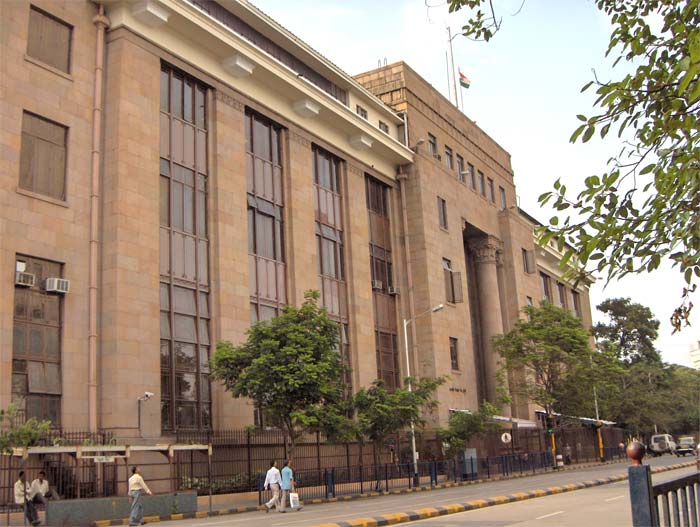
This article is written by Kritika Sethi, a final year student at NALSAR University of Law, Hyderabad
Reserve Bank of India recently gave ‘in-principle’ approval to 11 applicants who wish to set up ‘Payments Banks’ in India. The list of selected applicants include Aditya Novu Ltd, Reliance Industries Limited, Dilip Shangvi etc. It is a novel concept in the Indian Banking Sector. Also it is the first time when the private sector has been allowed to operate in the banking sector. Here is all one needs to know about them.
What are Payments Banks?
Such banks have been created to facilitate inclusive banking. It is a differentiated bank which has been allowed to accept deposits from the public. However, it has been barred from lending. Such banks have been created for increasing the reach of banking services in the country. Their primary function is the provision of banking services (savings account and remittance services) to, inter alia, migrant labour workforce, low income households, small businesses, and other unorganised sector entities.
The model has been created in such a manner that they are isolated from any risk. A mandatory investment of 75% of their deposits in government securities has been provided under the RBI Guidelines.
Background
The Reserve Bank had placed a policy discussion paper on Banking Structure in India – The Way Forward on its website in August, 2013. One of the innovative observations which were made in it referred to a need for differentiated banking in India. This necessitates setting up of differentiated banks, particularly for infrastructure financing, wholesale banking and retail banking.
In pursuance of the same, The ‘Committee on Comprehensive Financial Services for Small Businesses and Low Income Households headed by Dr. Nachiket Mor was set up to examine the issues pertaining to ubiquitous payments network and universal access to savings. It had recommended setting up of payments banks as a solution to the difficulties faced by the Pre-paid Instrument Issuers (like Airtel Money/ Vodafone M-Pesa). In addition, it suggested allowing them to switch to Business Correspondent.
RBI Guidelines on Licensing of Payments Banks has provided that these banks have to be established as a public limited company under the Companies Act, 2013. It is governed by RBI as the regulator of the banking sector due to the banking activities undertaken by it. In addition, other regulator’s guidelines/ regulations are applicable too due to the third party activities which it has been allowed to undertake. For eg: It has been allowed to distribute pension etc. Hence, IRDA’s, PFRDA’s etc regulations are applicable too.
Private entities have been allowed to establish a payments bank. This is the first time since the nationalisation in 1960s when private entities have been allowed to operate in the banking sector. However, promoters have to mandatorily contribute minimum 40% of its paid up capital in the first five years. It has been mandated to have a majority of Independent Directors in the Board of Directors, in order to balance the control with the promoters.
It can only accept deposits and provide remittance services to the depositors. It is not allowed to lend. It has to mandatorily invest minimum 75% of its deposits in government securities and maximum 25% in deposits with scheduled commercial banks. This has reduced the scope of its earning. It has to be primarily bank on technology for reducing its costs if it wants the venture to be commercially feasible. Foreign Shareholding has been allowed in consonance with the FEMA policy. However, it has been barred from accepting NRI deposits.
Such restrictions have been placed on these banks to insulate it from any kind of risk. At the same time, it is important to appreciate that these banks have been set up to deal with high volume low cost transactions. As a precautionary step, insulation of risk is required. It may be revised by RBI in due course of time.
At the international level, Vodafone’s M-Pesa in Kenya is considered to be the most successful mobile payment system. The banking services can be availed by only 20-25% of the population due to the high costs associated with such services. It was a major success in that country as its consumer base extended to more than 80% of the population. USSD services were made available to the consumers for transfer to another account, payment of bills etc.
Orange Money is another successful mobile payment system in the world. Its interoperability between its users in Cote d’Ivoire and Airtel users in Burkina Faso made it one of the successful cross border fund transfer systems.
In conclusion, it can be stated that payments bank is an innovative step in the Indian banking sector, the future of which only time can tell.
 Serato DJ Crack 2025Serato DJ PRO Crack
Serato DJ Crack 2025Serato DJ PRO Crack










 Allow notifications
Allow notifications


